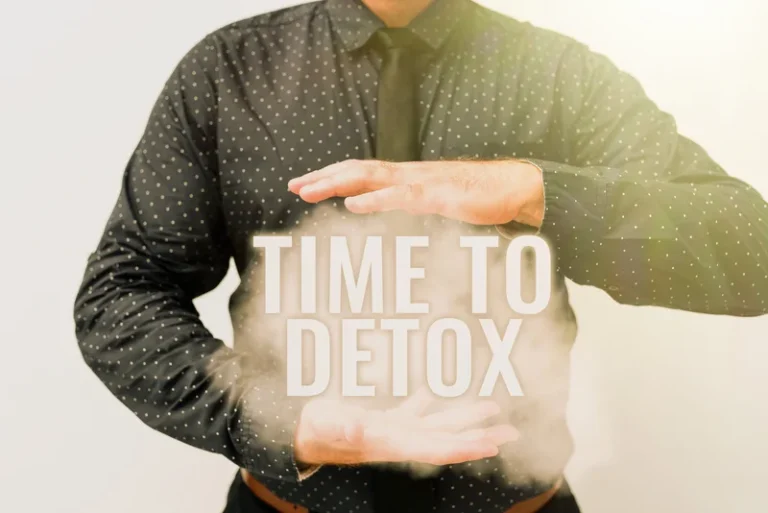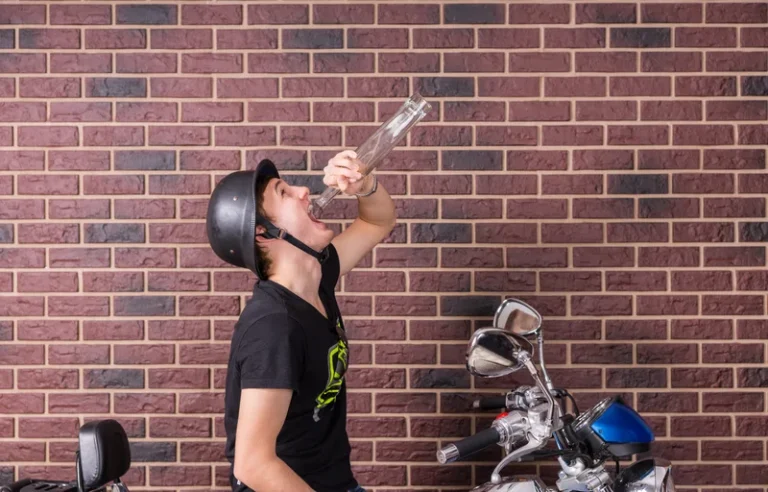10 Tips for Building Healthy Relationships in Early Sobriety

If you are in early recovery, you might have trouble interpreting what a healthy relationship looks like. Perhaps in the past, you spent almost every moment with your boyfriend or girlfriend. Or you could have relied on your partner to constantly run errands for you and complete chores around the house. Working on yourself or “finding yourself” might seem like a complex undertaking. You can learn more about yourself by doing small things to benefit your overall well-being. Maybe it is attending a weekly support group or AA meeting to focus on sobriety.

How to repair relationships after substance use disorder

This can include making restitution for financial issues, committing to therapy or family counseling, and showing through your daily actions that you are living your apology. It’s about proving that you are consistently taking steps to ensure that the hurtful behaviors do not recur. The foundation of mending relationships is recognizing the impact of romantic relationships in recovery your substance abuse on others. It’s about understanding the depth of the hurt and the consequences of your actions. Taking full responsibility without excuses shows your loved ones that you are genuinely committed to change and are aware of the pain you’ve caused. Navigating relationships after recovery can be a complex and challenging process.
Signs of Toxic Relationships
Recovery is an excellent time to explore new hobbies or revisit old interests that you might have neglected. Shared activities create natural opportunities for building friendships and are great coping skills. In healthy relationships, we grow through supporting each other’s growth. Regaining trust from family after battling addiction is crucial for the recovery process.
- It’s a time of self-reflection, personal growth, and rebuilding healthy relationships.
- A person with an addiction may spend money on substances, causing financial strain.
- Healthy relationships involving honesty, for example, can encourage partners to support or inspire individuals to communicate about substance abuse.
- Openness about one’s journey through recovery is essential to build trust in a relationship for better understanding of each other.
- Addiction can hinder effective expression of feelings, leading to misunderstandings and conflicts [4].
Step Support Groups And Healthy Relationships
You need this before you can foster a good relationship with another person. While you do have to forgive yourself and move forward, you also have to accept the impact of drugs and alcohol on every part of your life before you can do that. If https://ecosoberhouse.com/ a relationship from the past is just not healthy, and you have done what you can to have healthy interactions with the friend or family member to no avail. Some relationships are simply not worth the risk that they have on your sobriety.

Embrace Support Groups and Recovery Programs
- You can learn more about yourself by doing small things to benefit your overall well-being.
- This isn’t easy, and it requires that you take accountability and look at the things you did that you aren’t proud of.
- But with dedication and a commitment to growth, individuals in recovery can rebuild trust and bonds with loved ones and create fulfilling, supportive relationships that last.


